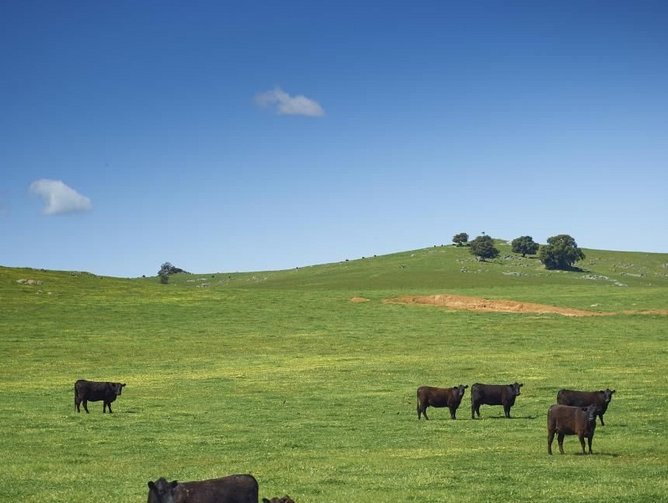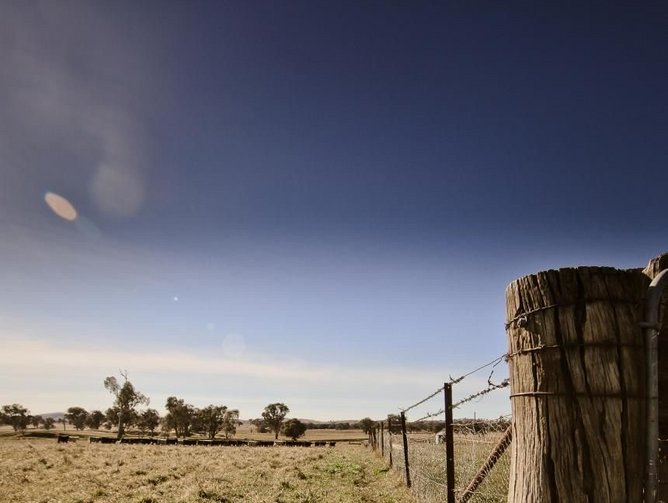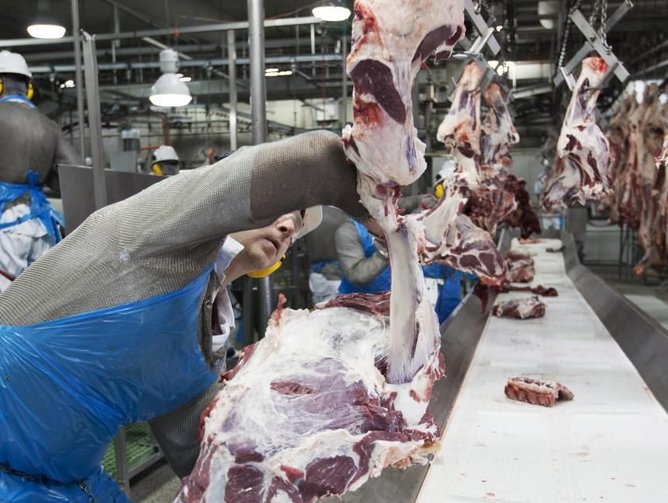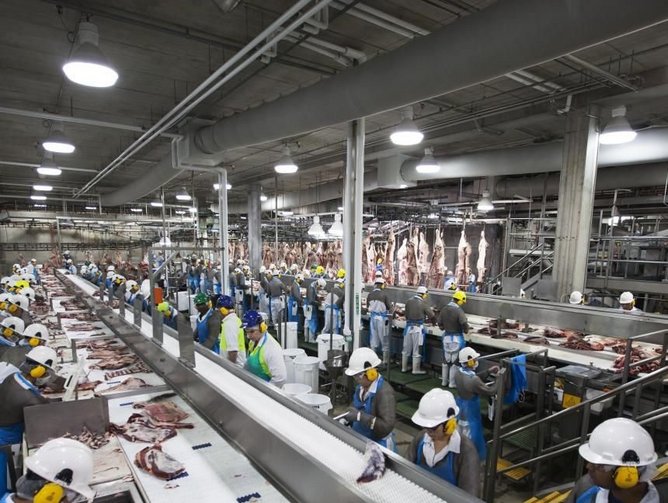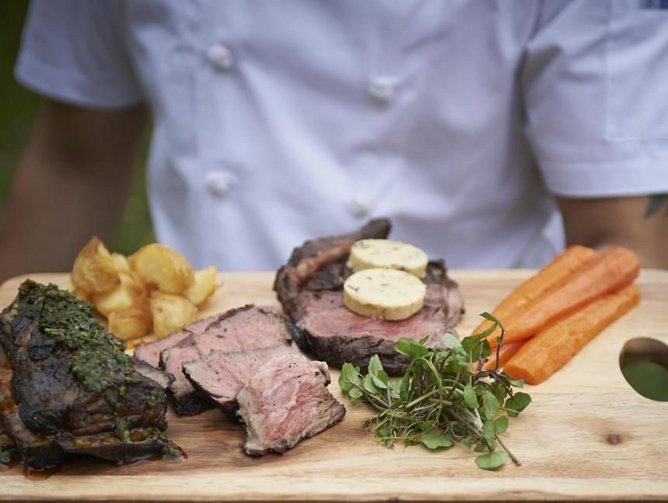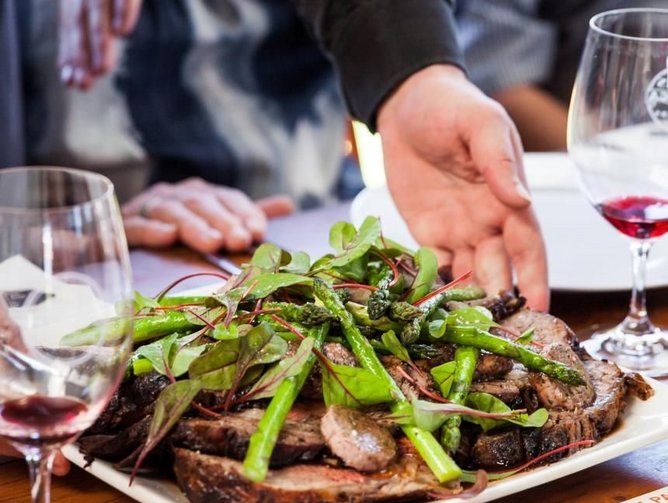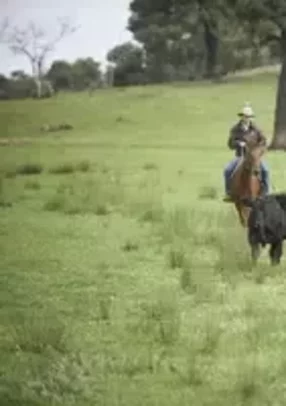The Teys story began more than 70 years ago when four brothers opened their first butcher shop in Brisbane’s Woolloongabba. Teys Australia is now an innovative Australian food business with home grown pride and global reach. Drawing on over seven decades of experience in the beef industry, its 4,700-string team focus their energy and expertise on delivering value to communities, customers and consumers.
Contributing more than $3.5bn to Australia’s national GDP, Teys support a further 13,000 jobs in rural and regional Australia. “Our business extends from the paddock to the plate,” confirms Carl Duncan, Group Manager - Resource Efficiency. “We have a contemporary suite of innovative brands and products that resonate with global consumers, leveraging Australia’s reputation as a clean, green food producer. We’re a dynamic company with a global reach and teams in the US and key Asian markets to connect Australian producers with consumers.”
Teys Australia is applying cutting-edge technologies across the business to secure a sustainable beef supply chain. “Our producer feedback is specifically tailored to assist cattle suppliers in improving their business,” explains Duncan. “From x-ray imaging to connecting producers and consumers through digital pathways, our future in this space is exciting. As we transition to a low carbon economy we continue to invest in energy, water and renewable energy projects such as our Low Emissions Energy Hub at Teys Wagga. This will be the first of its kind in the Australian red meat industry, if not the world. We will combine multiply renewable energy technologies in one location, tailored to match plant requirements.”
To this end, Teys has a pipeline of over 13MW in solar PV projects to deliver as it tracks towards its 2023 targets; these include fulfilling 30% of its energy needs via renewables. This $42mn investment at Teys Wagga will see a combination of renewable energy technologies (such as solar, energy storage and bio energy plant with energy productivity) deployed to make the site energy sufficient - a first in the Australian red meat processing industry. “We’re really excited to progress this initiative to not only change mindset but prove it can be achieved,” says Duncan
As one of the leading beef processors and exporters in Australia, Teys is proud partner to over 7,000 Aussie beef producers and some of the largest names in fresh food retailing in the country. In a joint venture with Cargill (offering a global reach with partners in the European Union, Japan and the USA) Teys Australia has retained its strong founding family connections and it is this rich heritage Duncan believes will drive the company’s future. Vital to that future is a commitment to animal welfare. All of Teys Australia processing facilities operate under the Australian Livestock Processing Industry Animal Welfare Certification System (AAWCS). An independently certified animal welfare program ensuring livestock under its control (from receipt to humane processing) are managed in accordance with best practice standards.
Allied to this is the emerging trend for customers caring more about ethical claims and beef processing operations, including consideration for environmental claims as well as animal welfare practices. “The perception of happy healthy cattle is becoming increasingly important to beef consumers,” confirms Duncan. “Today’s consumer is very conscious about the provenance of their produce and want supply chain transparency. In terms of sustainability we align with the key sustainability pillars of: People & Culture; Environmental Stewardship; Animal Welfare and Economic.”
Duncan explains the importance of these pillars and that, with a workforce of 4,700+, Teys understand long-term success will come from empowering its people. “We continue to promote employee career paths, choosing appropriate education and training pathways, and promoting from within. The opportunities at Teys are extensive, with careers in livestock, operations and professional services,” he says. Meanwhile, Teys acknowledges its fundamental responsibility to manage impacts on agricultural communities through best practice environmental stewardship. “We employ ethical planning and management practices for the responsible use, and protection of natural resources whilst maintaining compliance with the legislative framework,” confirms Duncan who notes that in 2018 Teys committed to a public target to reduce carbon intensity by 20% and water intensity by 10%. Teys also support the red meat industry achieving carbon neutrality by 2030.
Teys has implemented an Environmental Management System based on the requirements of ISO14001 and, employs dedicated environmental resources at each of its processing facilities to manage environmental risks and opportunities. Group Environment Manager Amelia Simony highlights the major progress the company is making with environmental stewardship. “One of Teys’ greatest achievements is our investment into state-of-the-art water treatment facilities at all of our large meat processing facilities that not only improve the quality of water for the receiving environment but also significantly reduce greenhouse gas emissions,” she reveals. “Biogas, captured as a by-product of anaerobic water treatment, is captured and then utilised as a renewable energy source alternative to conventional fossil fuels.” Teys commitment to reduce water intensity by 10% by 2023 will see a number of water efficiency projects rolled out across the group such as water efficient nozzles and high pressure, low flow cleaning systems.
Along with its commitment to animal welfare, the fourth Teys pillar recognises that though Australia is one of the world’s largest and most efficient exporters of beef products (the red meat and livestock industry accounts for approximately 1.6% of Australia’s GDP) farmer profits tend to be low, affecting their ability to withstand unexpected shocks such as drought. Economic focus at Teys Australia sees the company support the approach to value-based marketing (VBM) - payment on the basis of actual beef carcase weight and quality. “Teys’ approach to economic reliance is to leverage technology so that producers can gain better insights and be rewarded for producing better quality beef,” adds Duncan.
Chief Value Chain Officer Tom Maguire highlights the importance of sustainability for Teys and the industry in general… “It makes good business sense,” he says. “However, it becomes a social licence issue when in fact if we communicate better we can drive purchasing decisions in a high valve market.” Building a focus consistent with the Australian Beef Sustainability Framework (ABSF) is vital to Teys as there is a very strong focus on animal welfare which is important to consumers and engagement with the supply base. In 2019 Teys will commit over $5mn to energy and war projects. “Effort around energy, water and GHG emissions makes good business sense as they are becoming more expensive over time,” explains Maguire. “Transferring our focus on resource efficiency to all parts of the business with projects such as our Low Emissions Energy Hub is an opportunity to change mind set and demonstrate what’s possible.”
Over the past two decades, total global consumption of beef has increased by 1% per year. In 2017, beef accounted for 21% of total global meat consumption. Global demand for red meat is forecast to increase 1-2% per year with increasing global populations and growing incomes, especially in Asia. Overall Teys expect the global demand for beef will double by 2050 which could lead to protein deficit and distribution problems. “From a sustainability perspective, the industry is proactive,” assures Duncan. “Key initiatives such as the Australian Beef Sustainability Framework are helping to meet the changing expectations of consumers, customers, investors and other stakeholders, and promote the longevity and prosperity of the industry.”
